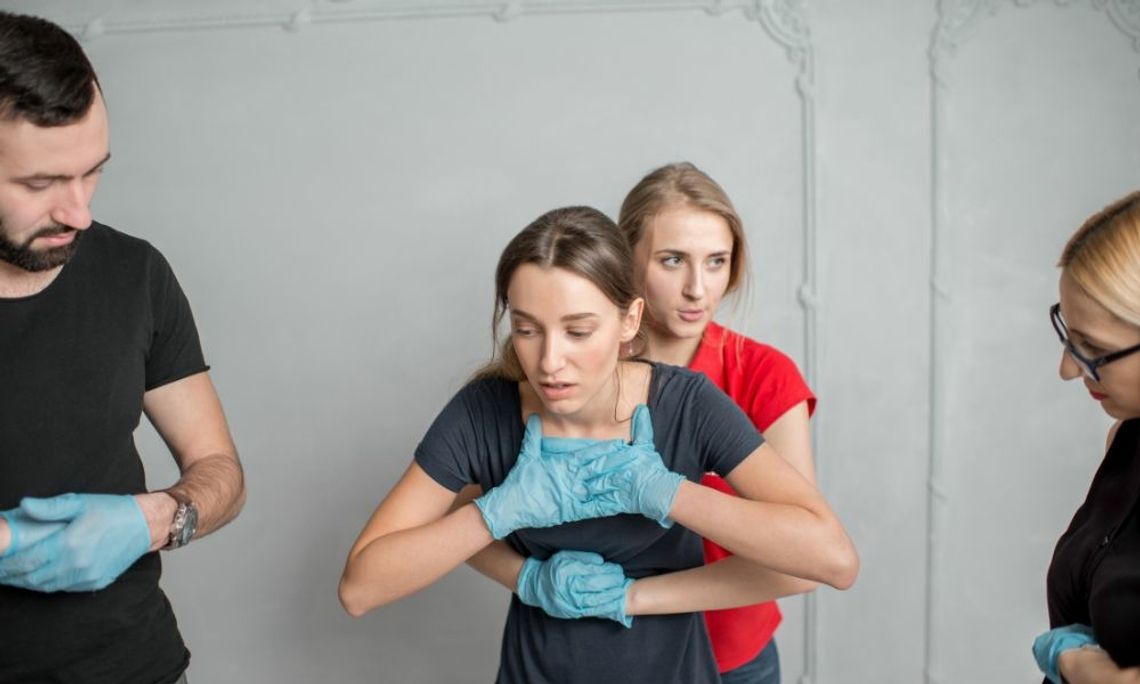There is so much information about the human body and how it reacts in various emergency situations. That's why many civilians assume that medical professionals are the only people who can assist in an emergency. It makes sense, given the breadth of schooling many practitioners must undergo. However, everyone should know many basic lifesaving skills don't require years of education.
Heimlich Maneuver
You've likely had a moment in your life when you started choking on water or food. The panic that sets in is something you can still remember. It may seem surprising, but choking deaths are quite common, occurring every two hours.
You might think you'd know how to administer the Heimlich without training, as it seems quite easy, but it can lead to trauma when done incorrectly. Moreover, when you learn the Heimlich in a BLS class, you will learn various techniques for different situations.
Cardiopulmonary Resuscitation
One of the main reasons basic life support training is essential for everyone is because it can be the main act that saves a life. Take cardiopulmonary resuscitation (CPR), for example. Most cardiac arrests occur outside of the hospital and right in our homes.
The scariest part is that the person experiencing cardiac arrest can face irreversible brain damage within just seven minutes due to the lack of blood flow. Given that, on average, emergency services take around 10 minutes to arrive, you can understand why most cardiac arrests are fatal. However, when you know CPR, you can change that outcome.
Types of Bandaging
For most of us, the depth of our knowledge of bandaging does not exceed the average band-aid. But there are many types of bandaging for emergencies where a simple band-aid just won't do. With how often we trip and bang a part of our bodies, there's no wonder why bandaging is such an important basic lifesaving skill everyone should know.


Comment
Comments